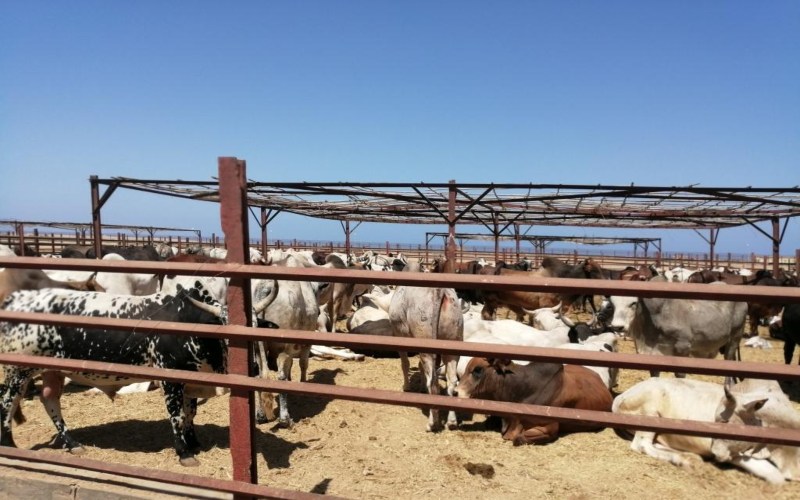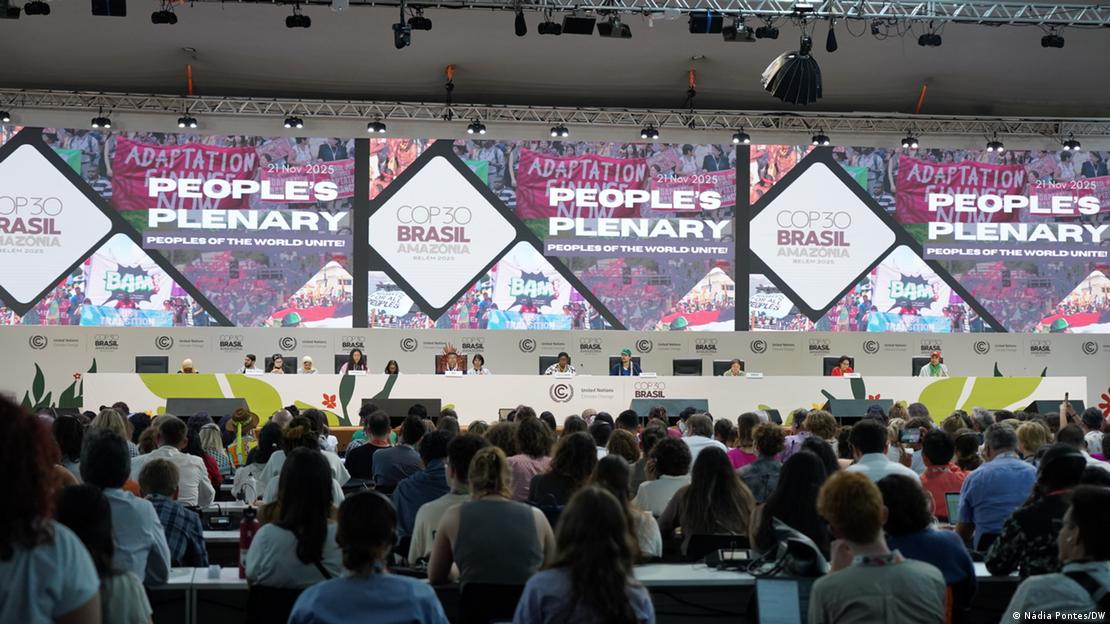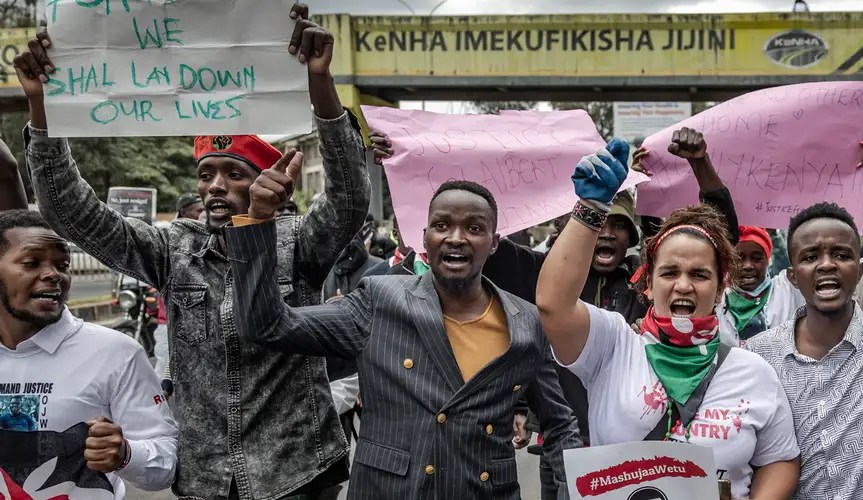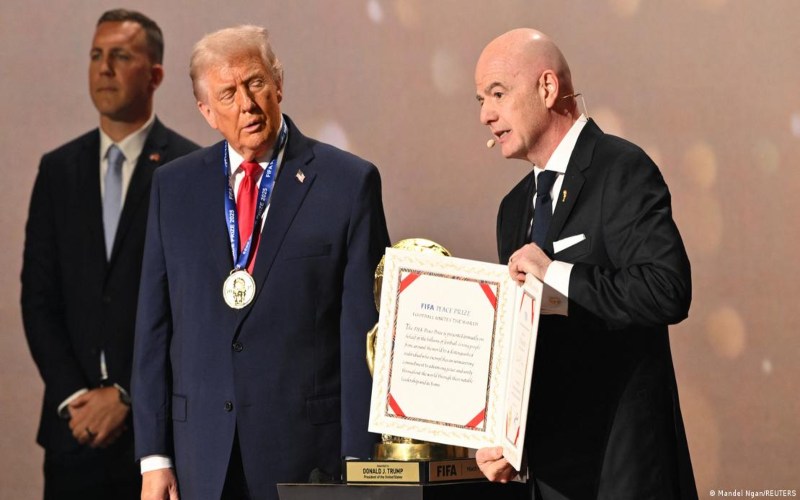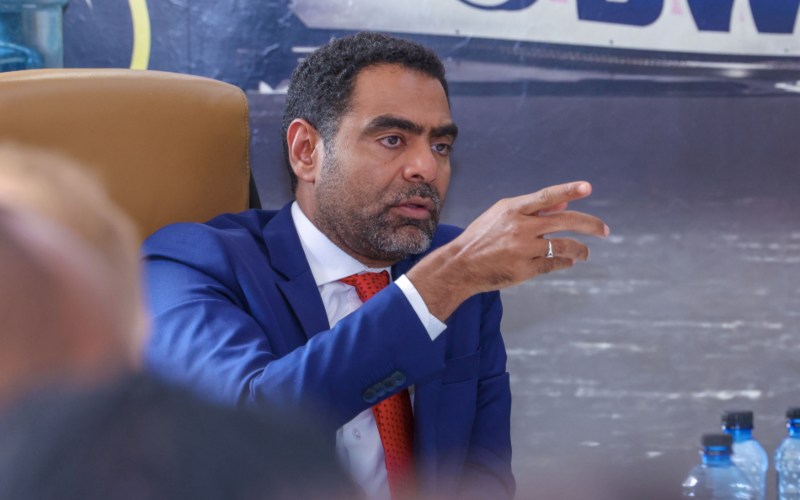Regular police demand bribes for services more than traffic officers, EACC report shows
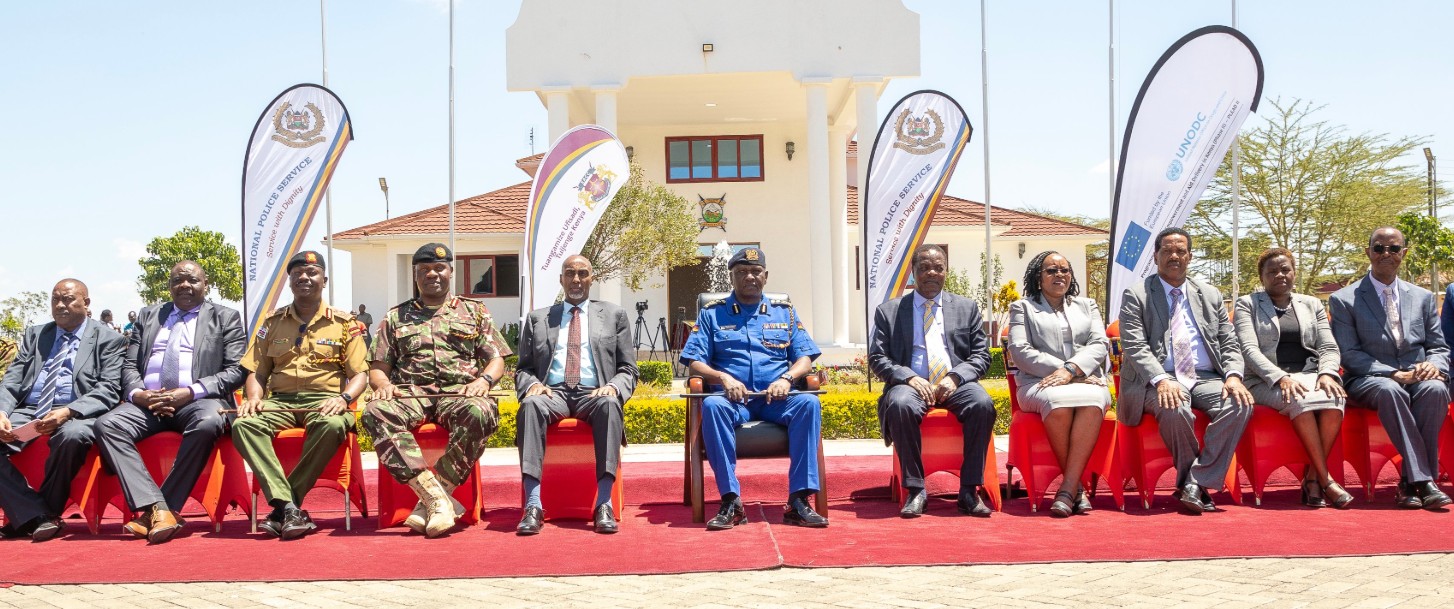
These bribes are often demanded for services such as obtaining police abstracts, securing bail for arrested persons, police protection, and issuing police clearance certificates.
A new report by the Ethics and Anti-Corruption Commission (EACC) has revealed that regular police officers receive more bribes than their traffic counterparts to provide basic services.
The research highlights a sharp increase in bribery amounts between 2022 and 2023, with payments to regular officers rising by 39.1 per cent and those to traffic officers by 84.2 per cent.
More To Read
- Haki Yetu, Buxton tenants demand EACC action on controversial housing project
- Kenya saves Sh16.5 billion as EACC strengthens anti-corruption measures
- 152 officers fail integrity tests as EACC flags widespread ethical breaches
- EACC intensifies war on corruption, recovers Sh3.4 billion in assets
- EACC seeks access to mobile money data, more powers to fast–track graft cases under new bill
- EACC report exposes billions lost to corruption in state agencies, counties
In 2023, the average bribe given to regular police officers stood at Sh11,115, compared to Sh7,011 for traffic police, the report shows.
These bribes are often demanded for services such as obtaining police abstracts, securing bail for arrested persons, police protection, and issuing police clearance certificates.
Notably, the most common reason for paying bribes was acquiring a police abstract.
Following these findings, the EACC and police authorities have initiated an extensive audit of police operations.
The anti-graft agency has launched an assessment of the National Police Service (NPS) systems, procedures, and operational environment to curb corruption.
The audit aims to identify systemic weaknesses and loopholes that allow bribery to thrive.
Recommendations for reform
Upon completion, the EACC will submit a comprehensive report with recommendations for reform to the Inspector General of Police for implementation.
EACC CEO Abdi Mohamud stated that if fully implemented, the recommendations would catalyse to help the NPS achieve its vision of becoming a "World Class Police Service".
"At the end of this exercise, the commission will prepare and share a report of its findings and recommendations with the leadership and command of the National Police Service," Abdi said.
He urged police commanders and officers at all levels to support the exercise.
The report was launched at Embakasi Police Campus by EACC Chairperson David Oginde and Inspector General of Police Douglas Kanja.
The EACC noted that the NPS has consistently ranked among the most corrupt institutions in Kenya, based on surveys conducted over the years.
"Given the important role the police play in national security, it is imperative that the commission assists the NPS leadership in proactively addressing corruption to ensure effective service delivery," Abdi said.
As part of the audit, the team will assess and profile corruption-prone areas within police systems, policies, and procedures.
They will also review compliance with laws, regulations, and industry standards.
The initiative will guide on eliminating corruption through a structured risk mitigation plan.
This will include specific strategies, activities, and programs aimed at strengthening accountability within the police force.
The audit will cover core police functions and support services, including administration, planning and finance, supply chain management, human capital development, and corporate communications.
Top Stories Today





